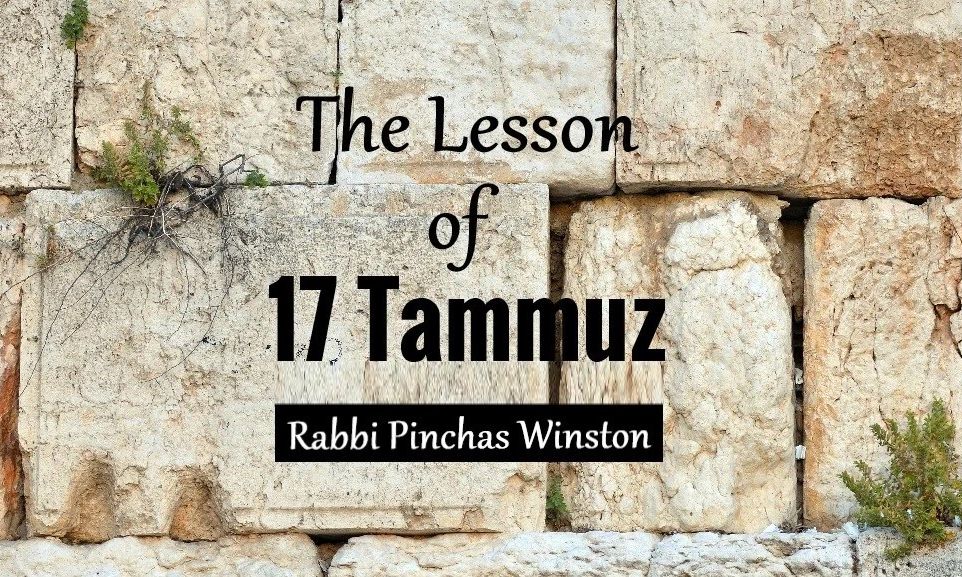
The Lesson of 17 Tammuz
Half-kosher is both beguiling and destructive. It is the biggest threat to Jewish continuity because Jews pursue it with a false sense of confidence…

:א וַיְדַבֵּ֥ר יְהֹוָ֖ה אֶל־משֶׁ֥ה לֵּאמֹֽר
:ב צַ֚ו אֶת־בְּנֵ֣י יִשְׂרָאֵ֔ל וְאָֽמַרְתָּ֖ אֲלֵהֶ֑ם אֶת־קָרְבָּנִ֨י לַחְמִ֜י לְאִשַּׁ֗י רֵ֚יחַ נִֽיחֹחִ֔י תִּשְׁמְר֕וּ לְהַקְרִ֥יב לִ֖י בְּמֽוֹעֲדֽוֹ
G-d spoke to Moshe, saying, “Command the Children of Israel, and tell them, “My Offering, My Bread-Offering for My Fire-Offerings for a pleasing odor to Me, you must offer in its appointed time …” (Bamidbar 28:1-2)
Toward the end of Parshat Pinchas, the discussion turns to sacrifices, beginning with the Korban Tamid, the Continual-Offering. This was a sacrifice that was brought twice daily, once at sunrise and once just before sunset. It was a Korban Olah (Burnt-Offering), that is, a sacrifice that was consumed on the altar and not eaten by the priests.
Of all the tragedies that are mourned on the 17th of Tammuz (if it falls on Shabbat, then we fast on Sunday, the 18th of Tammuz), one is the cessation of this offering during the time of the First Temple, or, according to others, during the time of the Second Temple. There is an account of the latter in the Talmud:
When the House of Chashmonai was at civil war, Hyrcanus was outside [the Temple] and Aristobolus was inside. Each day they would lower money in a basket, and they [Hyrcanus’ camp] would send up the two Continual-Offerings. There was an elder there familiar with Greek wisdom, and he hinted to them with Greek wisdom, and told them, “As long as they perform the Temple service, we will not overcome them.” The next day, after they lowered down the money, they instead sent up a pig. When it reached half-way up the wall, it dug its nails into the wall, and Eretz Yisroel shook 400 miles. At that time, they cursed the one who raised pigs, and the one who teaches his son Greek wisdom. (Sota 49b)
There are many lessons to be derived from this account, one of which is the underlying basis for Jewish continuity, which the Continual-Offering represented. This is why it was a pig that Hyrcanus sent up to replace the Tamid-Offering, and why it was “Greek wisdom” that led to this.
Though there is no greater symbol of treif (non-kosher) in the Torah world than the pig, in actuality, the pig has at least one of the two signs that make an animal kosher: split hooves. The Midrash says that “he” uses this to fool Jews into thinking he is kosher, sticking his hoofed feet forward while concealing the fact that he does not chew his cud (the second sign of a kosher animal). Since the latter is internal and the former is external, many people fall for this ruse, and end up eating treif that they believe is, in fact, kosher (if this is not true literally, then it is certainly true figuratively).
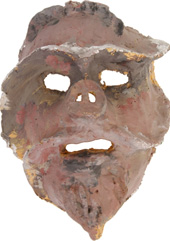 This, says the holiday of Chanukah, was the problem with Greek wisdom, and by extension, Western thought as well. So much of it is based on “good” ideas and sound thinking, and has led to very positive results, such as social services, etc.; that part can be compared to the “split hooves” of the pig. On the other hand, what is not revealed to many are the many internal moral contradictions that eventually corrupt society and those who adhere to its values, resulting, eventually, in denial of G-d and of true moral values, all of to which history bears testimony.
This, says the holiday of Chanukah, was the problem with Greek wisdom, and by extension, Western thought as well. So much of it is based on “good” ideas and sound thinking, and has led to very positive results, such as social services, etc.; that part can be compared to the “split hooves” of the pig. On the other hand, what is not revealed to many are the many internal moral contradictions that eventually corrupt society and those who adhere to its values, resulting, eventually, in denial of G-d and of true moral values, all of to which history bears testimony.This is why the hooves of the pig, after hitting the walls of the Temple, caused such a massive earthquake. This was to indicate to the Jews there and all those who would follow that it is either all kosher, or not kosher at all. Half-kosher is both beguiling and ultimately destructive because it is the biggest threat to Jewish continuity, since Jews pursue it with a false sense of confidence and with little concern for the future of Judaism, and the world for that matter.
As they say, “If you want to make Torah popular, ban it; outlaw it. Then Jews will come from all over asking, ‘What is Torah? How can we learn it?'”
In other words, as long as society permits Torah to be learned, then countless Jews feel little or no sense of urgency to learn it and preserve it. As long as our hosts’ society make us feel “at home,” then we Jews tend to become very much at home … in someone else’s house. The result: assimilation, intermarriage, and a complete loss of Jewish identity. It happened in Babylonia, it happened in Spain, it happened in pre-war Europe, and it has already happened in America as well.
However, that is never the end of the story. The conflict between Aristobolus and Hyrcanus was resolved shortly after-by the Romans who came in and slaughtered myriads of Jews. This was all on the way to destroying the Temple, Jerusalem, and the second Jewish Commonwealth.
We’re still living out that exile today, and although this lesson is one that we are supposed to contemplate every day, it is especially important to do so during these three weeks, which begins with the fast of the 17th of Tammuz, and which will end with the fast day of Tisha B’Av. Perhaps taking the message seriously will begin a wave of national teshuva, and allow us to merit to be the generation to witness the transformation of these fast days into holidays of joy instead!
***
Pinchas Winston is the author of over 95 books on various topics that deal with current issues from a traditional Jewish perspective. He has also written on the weekly Torah reading since 1993, called “Perceptions,” as well as on current topics and trends affecting Jewish history, past and present. One of his missions is to make the depth and beauty of the more mystical teachings of Torah understandable and accessible to those who can really benefit from them. Visit his website at thirtysix.org.


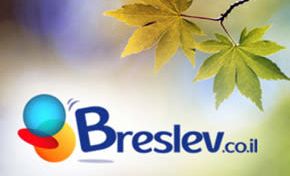
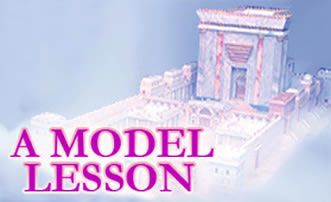
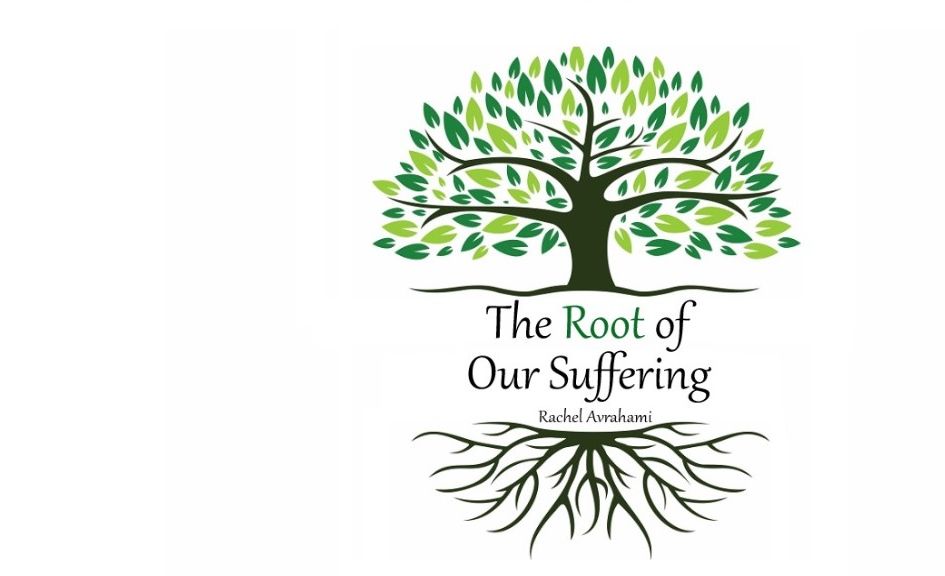
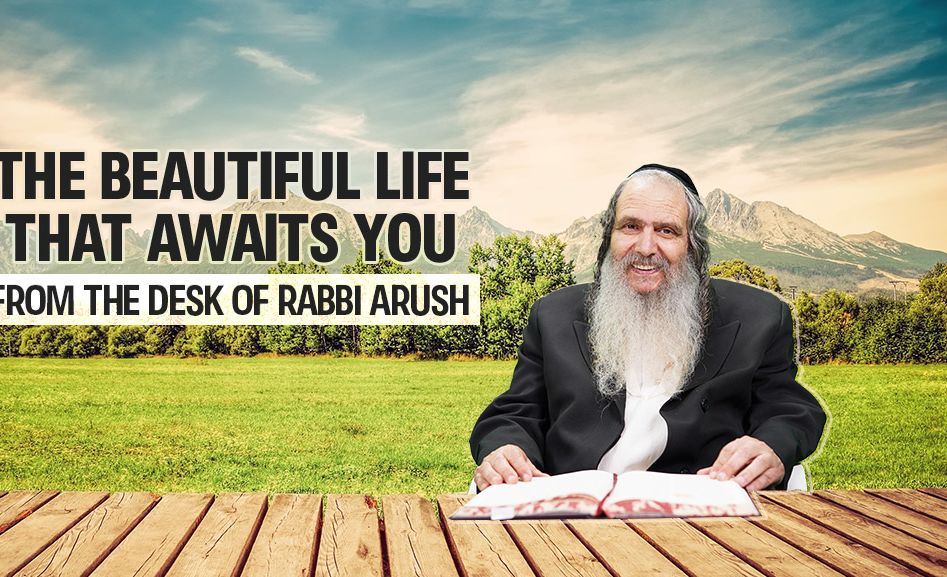
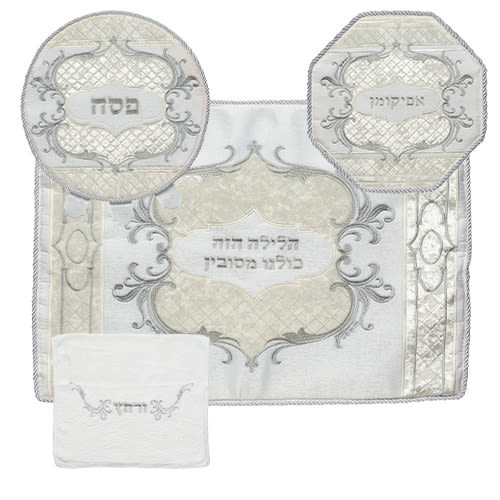
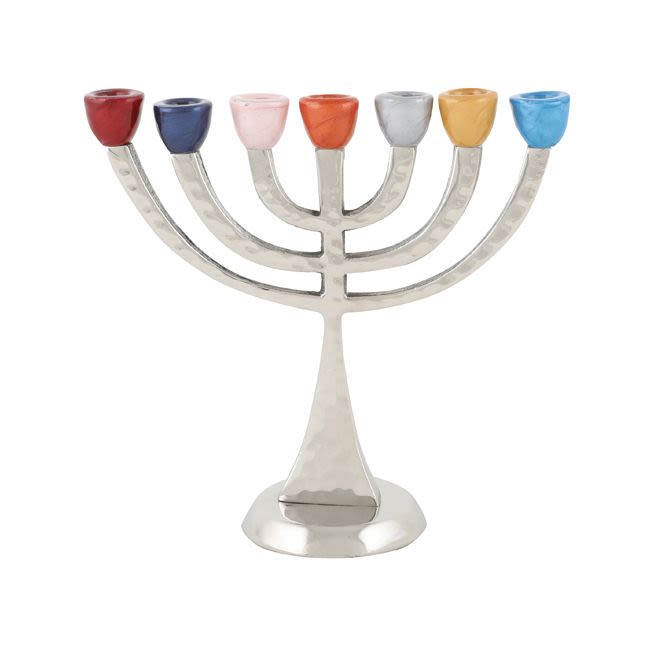
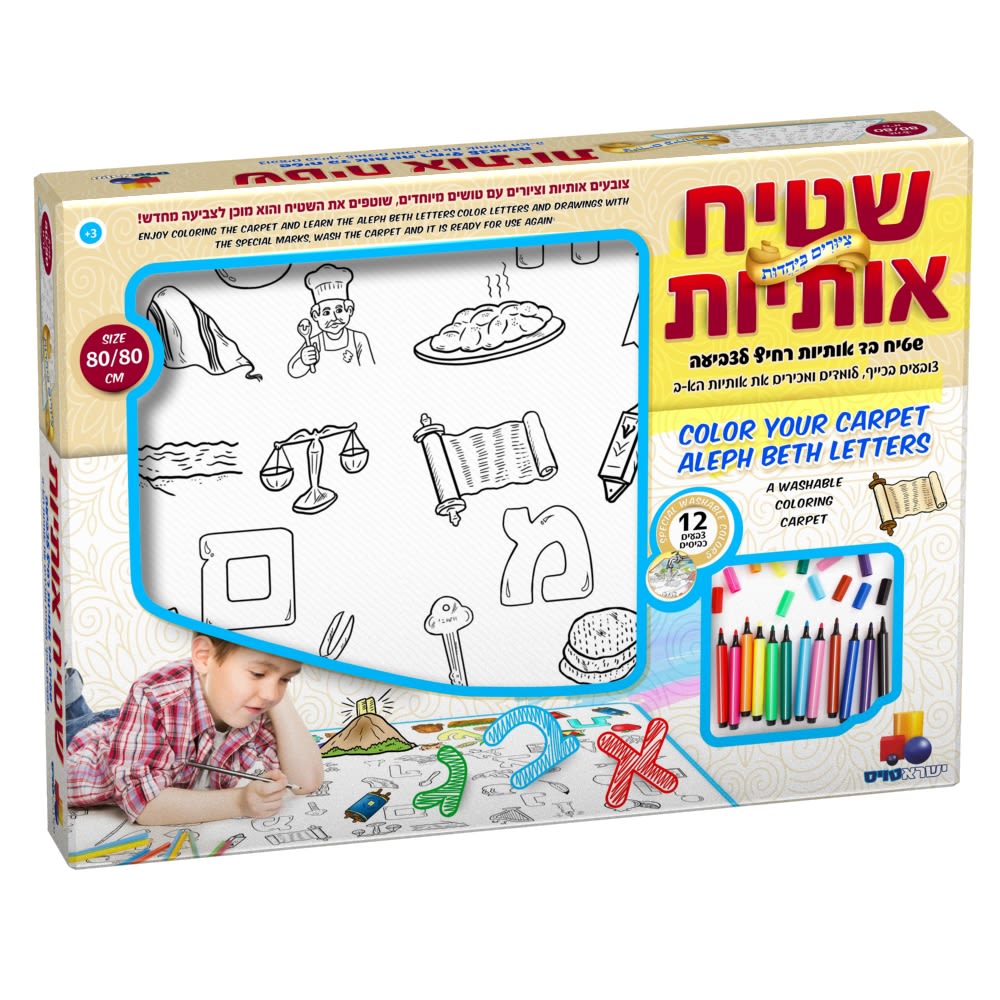
7/15/2014
To the Law and The Covenants The Torah, is the Covenant Governance of the Great King, not as a religion, though some Jewish religious practices agree with the law and preserve it; Democracy is your Greek Roman Trojan horse that give "freedom of religion" in land of Israel; really??? is that what the Covenants of HaShem say? What was ruin of Temples, breaking of HaShem's Covenant; which would include love each other; the closest person to lead Israel out of Democracy was Rabbi Meir Kahane; he had the plan;Covenant Governanc
7/15/2014
The Torah, is the Covenant Governance of the Great King, not as a religion, though some Jewish religious practices agree with the law and preserve it; Democracy is your Greek Roman Trojan horse that give "freedom of religion" in land of Israel; really??? is that what the Covenants of HaShem say? What was ruin of Temples, breaking of HaShem's Covenant; which would include love each other; the closest person to lead Israel out of Democracy was Rabbi Meir Kahane; he had the plan;Covenant Governanc